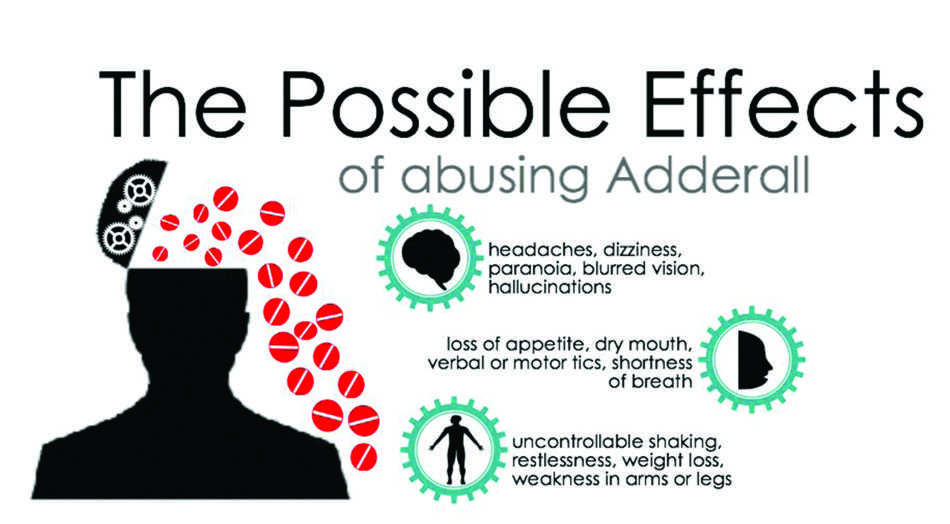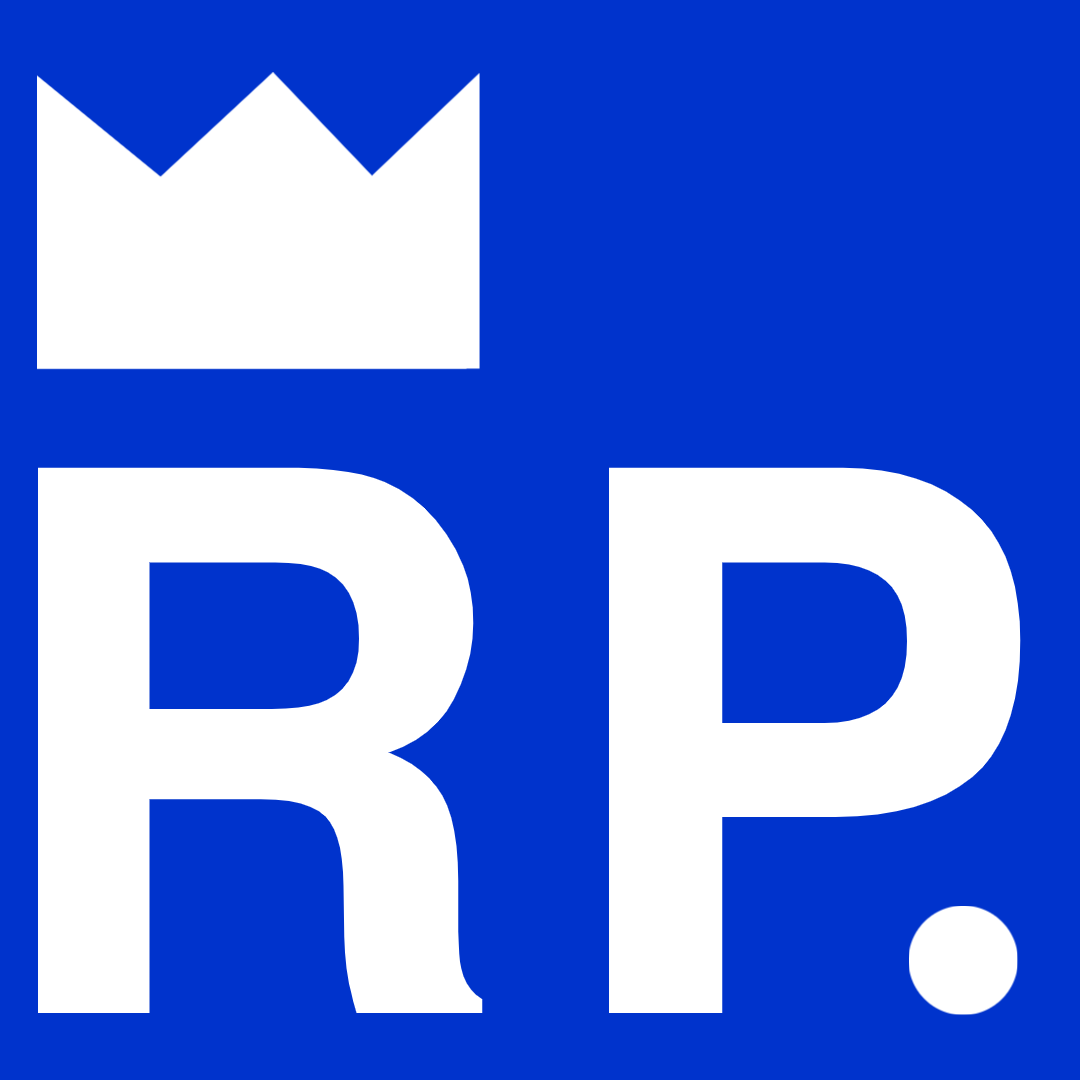Socially Accepted Dependencies
Apr 29, 2015
Students are depending on other non-prescribed stimulants such as Tylenol, Advil, and caffeine to save time and stay efficient.
“We are such a time-pressurized society,” Pointer said. “Most of us can get rid of headaches by hydrating and resting. Do we have time to do that? Not always – and that’s the challenge, not only here at school, but for kids all over.”

Image created through Piktochart.
Because of time constraints, some students rely on painkillers when they have a headache.
Pointer believes that painkillers such as Advil and Tylenol are not necessarily bad, but there are other natural solutions to ending headaches, such as staying hydrated and eating healthy.
“You really have to look at your lifestyle and the choices you’re making as far as your sleep, as far as how much caffeine you’re drinking, as far as all of those things,” Pointer said.
Caffeine is another stimulant students like Josie Brott, senior, rely on to stay awake and participate in more activities.
“Every morning, I plan my wake up time around stopping for coffee,” Brott said. “At another part of the day, I grab coffee and often do it out of habit and boredom.”
For students, drinking caffeine to stay awake is not condemned. However, many people subconsciously turn to caffeine or painkillers because they are accessible and work quickly.
“If I don’t have coffee in the morning, I get a terrible headache by 11 a.m.,” Brott said. “But if I am in a bad mood or stressed, I believe good coffee will fix it.”

Pointer also believes too much caffeine is unhealthy.
“I think anytime we do something in excess, it’s probably not good for us,” Pointer said. “So my big thing about [drinking caffeine] is that it’s all about balance.”
All infographics were made on PiktoChart. Other sources include: Substance Abuse and Mental Health Services Administration and the National Institute on Drug Abuse.
